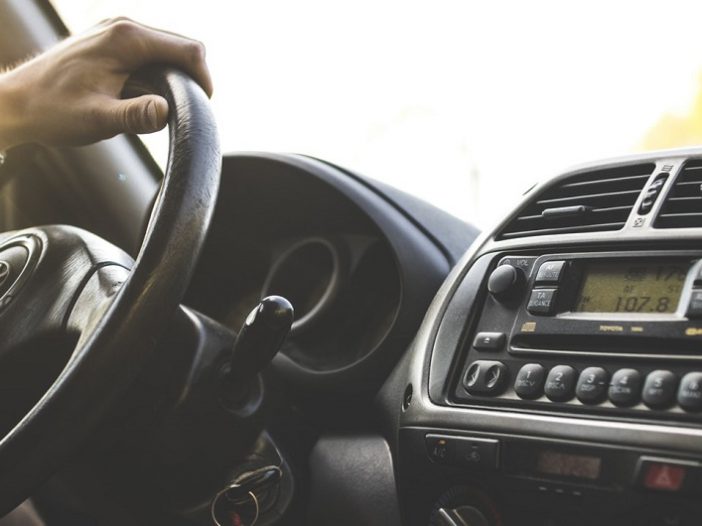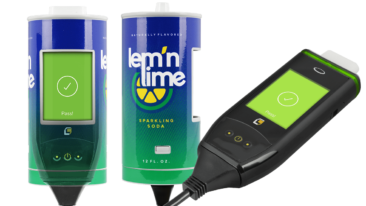
When you’re arrested for a DUI, you can suffer a wide range of consequences, including fines, prison time, and installation of an ignition interlock device. Nearly all DUI offenses, first-time and otherwise, will result in a license suspension, which is a temporary seizure of your driving privileges. Despite what you might think, license suspensions are incredibly strict, and driving with a suspended license can result in some serious penalties. Read on to learn more about license suspensions and the penalties you can suffer for driving with a suspended license.
Reasons for Getting a License Suspension
While we mainly cover DUI/DWI charges here, your driver’s license can get suspended for a wide range of reasons, including:
- Receiving several traffic violations and speeding tickets in a short period of time
- Accumulating too many points on your driving record
- Failing to pay your child support
- Failing to pay fines or appear in court
Administrative Suspensions and Implied Consent
To further discourage driving under the influence, most states have admin per se laws in place. These laws are enforced directly by the state’s Department of Motor Vehicles or other license administration. Under admin per se laws, an arresting officer is allowed to immediately suspend your driver’s license should you fail or refuse to take a chemical breath test.
Many states have also implemented implied consent laws. Under these laws, by owning a driver’s license, you automatically consent to chemical breath tests administered by an officer of the law should that officer suspect you of driving under the influence. If you refuse to take the test, you may suffer an immediate license suspension.
On top of administrative suspensions and implied consent suspensions, you may suffer further suspensions if you are found guilty of a DUI in court. Admin per se and implied consent suspensions are in addition to any criminal suspensions you suffer, meaning you could easily be without your driving privileges for several years.
A suspended driver’s license forces you to refrain from driving for a certain period of time, but it also often requires you to enroll in traffic school or defensive driving classes. You will also need to file an SR22, or certificate of financial responsibility. This acts as a proof of car insurance that certifies that you meet the minimum insurance requirements in your state.
What Happens When You Drive with a Suspended License?
We completely understand that driving is important, especially if you need to drive for work or school, but driving with a suspended license is highly unadvised. It is prohibited by all states, and if you are caught driving with a suspended license, you could suffer consequences from both the Department of Motor Vehicles and a court of law.
Specific penalties for driving with a license suspension vary from state to state, but rest assured that there generally isn’t any leeway; if you’re driving with a suspended license, you’re suffering consequences. Furthermore, if you were driving with a suspended license while also driving under the influence, driving recklessly, otherwise committing a major traffic violation, you will likely suffer even stiffer penalties.
You can generally expect a combination of:
- Fees and fines (repeat offenders will have to pay even more)
- Potential jail time (some states will automatically order a one-year prison sentence)
- Additional points to your driver record
- Community service hours, which may either replace jail time or be required in addition to jail time
- Increased license suspension periods
- Enrollment in an alcohol or substance abuse education program or driver improvement school (depending on your situation)
- Possible revocation or cancellation of your driver’s license
- Possible felony charges (felonies have long-term legal consequences that may prevent you from voting, obtaining certain business licenses, or running for office)
- Stricter scrutiny when you try to reinstate your license, which may mean higher reinstatement fees or necessary proof of auto insurance
In all cases of driving with a suspended license, you will likely see higher auto insurance premiums. While this depends on your insurance company, most companies will consider you a high risk driver and automatically increase your insurance rates. Some companies may refuse to continue covering you altogether.
However desperate you might be, it’s never a good idea to drive under a suspended license. If possible, consider inquiring your local courts about a limited license that would allow you to drive to and from work or school. Although these licenses come with strict regulations, they at least offer a good solution for those who truly need to drive for their basic livelihood.
Sources:

